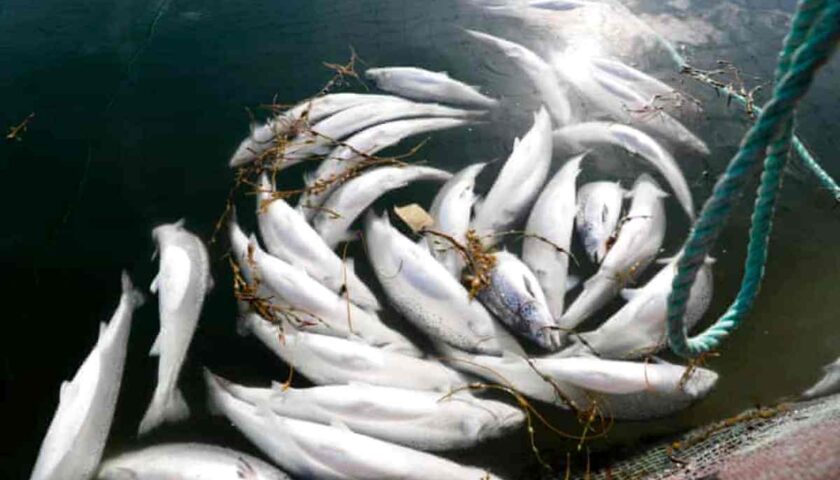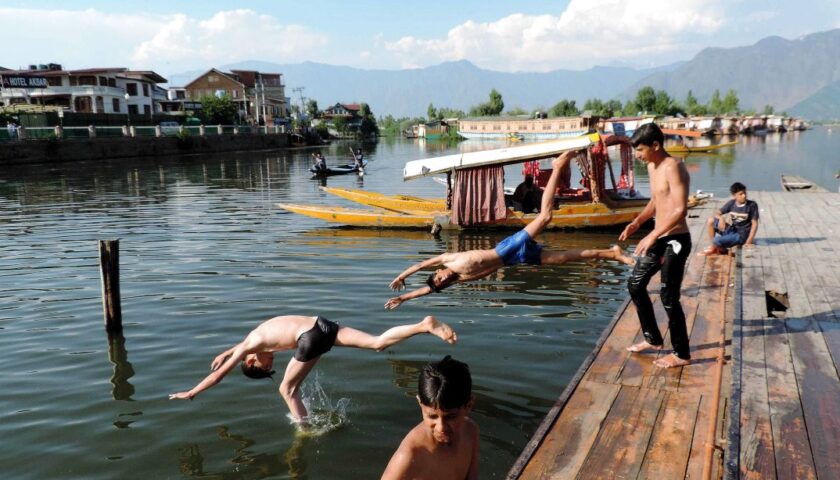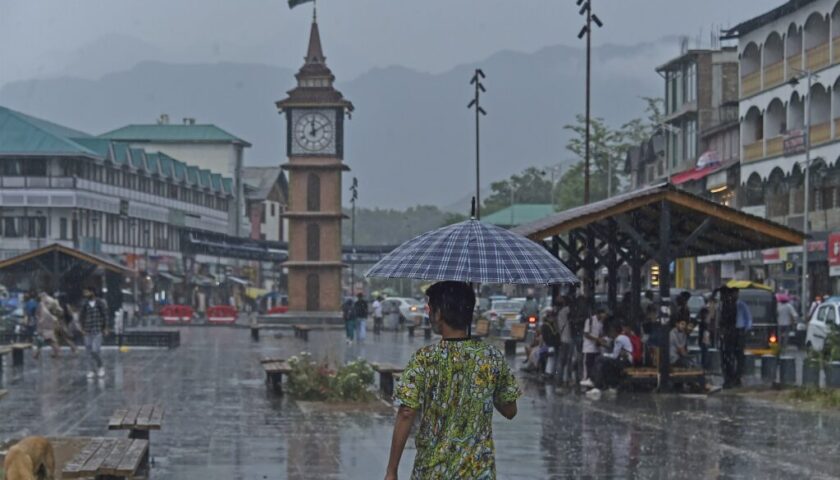Devastation at Haigham Wetland Conservation Reserve Uncovered by EPG
Srinagar, November 27, 2024 – The Environmental Policy Group (EPG) has unveiled a devastating account of environmental degradation at the Haigham Wetland Conservation Reserve, a once-thriving ecosystem now reduced to a desolate landscape of dried grass and fallen vegetation. This internationally recognized wetland under the Ramsar Convention has been systematically destroyed through unchecked encroachment and administrative negligence.
Spanning 16,000 kanals, this critical habitat has transformed from a vibrant sanctuary for migratory birds to a barren wasteland. Local communities, who historically depended on the wetland for diverse livelihood sources including chestnuts, Nadroo, and fish, now face economic devastation.
The EPG’s investigation exposes a troubling pattern of environmental destruction. Areas of the wetland have been brazenly converted into paddy fields, playgrounds, orchards, and plantations, with encroachment reportedly involving not just local opportunists but departmental personnel themselves.
Migratory bird populations, which have used this habitat for centuries, have completely vanished. The wetland now stands as a stark reminder of ecological mismanagement, with substantial conservation funds seemingly unused despite the critical state of the ecosystem.
Drawing attention to their previous successful interventions in reviving other wetlands like Hokersar, Shallabug, and Mirgund, the EPG is now demanding a comprehensive inquiry into the Haigham Wetland’s deterioration. The organization seeks to establish accountability and trigger immediate restoration efforts.
The group’s relentless pursuit highlights the urgent need for administrative action to prevent the complete loss of this irreplaceable ecological resource. As the wetland continues to languish, the EPG’s call for intervention grows increasingly critical, challenging the administrative apathy that threatens to erase a vital part of the region’s natural heritage.
The situation presents a million-dollar question: Will decisive action be taken before this ecological treasure is lost forever?
Faiz Bakshi
Convenor, Environmental Policy Group
PRESS RELEASE
The Environmental Policy Group (EPG) has unveiled a devastating account of environmental degradation at the Haigham Wetland Conservation Reserve, a once-thriving ecosystem now reduced to a desolate landscape of dried grass and fallen vegetation.. The wetland, internationally recognized under the Ramsar Convention, has been systematically destroyed through unchecked encroachment and administrative negligence.
Spanning 16,000 kanals, this critical habitat has transformed from a vibrant sanctuary for migratory birds to a barren wasteland. Local communities, who historically depended on the wetland for diverse livelihood sources including chestnuts, Nadroo, and fish, now face economic devastation.
The EPG’s investigation exposes a troubling pattern of environmental destruction. Areas of the wetland have been brazenly converted into paddy fields, playgrounds, orchards, and plantations, with encroachment reportedly involving not just local opportunists but departmental personnel themselves.
Migratory bird populations, which have used this habitat for centuries, have completely vanished. The wetland now stands as a stark reminder of ecological mismanagement, with substantial conservation funds seemingly unused despite the critical state of the ecosystem..
Drawing attention to their previous successful interventions in reviving other wetlands like Hokersar, Shallabug, and Mirgund, the EPG is now demanding a comprehensive inquiry into the Haigham Wetland’s deterioration. The organization seeks to establish accountability and trigger immediate restoration efforts.
The group’s relentless pursuit highlights the urgent need for administrative action to prevent the complete loss of this irreplaceable ecological resource. As the wetland continues to languish, the EPG’s call for intervention grows increasingly critical, challenging the administrative apathy that threatens to erase a vital part of the region’s natural heritage.
The situation presents a million-dollar question: Will decisive action be taken before this ecological treasure is lost forever?
Faiz Bakshi
Convenor- EPG






